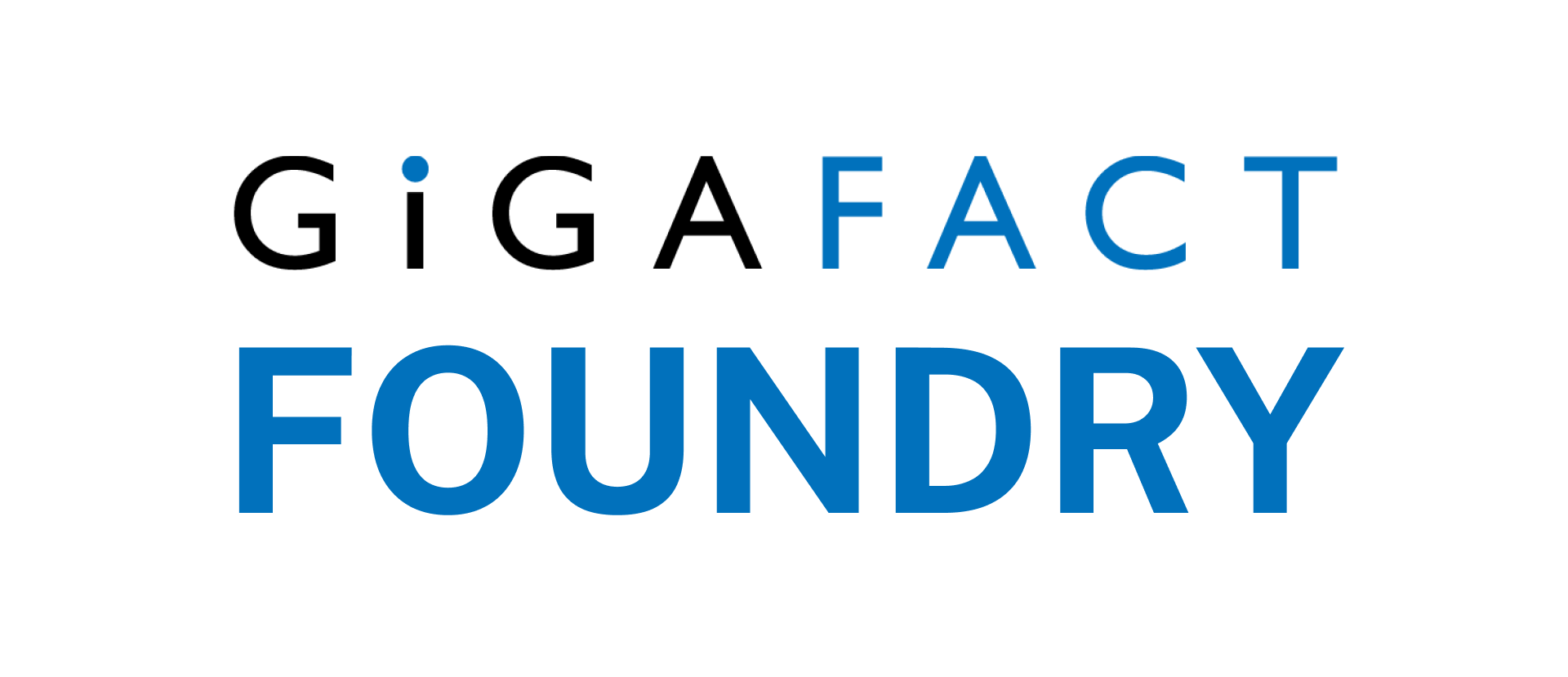Thursday, Aug. 6, 2020
Can contact tracing be helpful in slowing coronavirus spread even if test results take a day or two?
Contact tracing has been shown to be helpful in slowing the spread of the coronavirus even without widespread availability of immediate testing results.
Notifying and seeking to identify others potentially exposed to an infected contact is a time-tested public health tool against infectious diseases, especially in the early stages of transmission. Models suggest that, even with a two-day wait for results before tracing can begin, an otherwise efficient process is an effective tool against the coronavirus given its incubation period and transmission patterns.
U.S. contact tracing efforts have run into other obstacles–even longer waits to get tests and then results, insufficient training and staffing, public resistance–that have made the technique much less effective in many jurisdictions.
This fact brief is responsive to conversations such as this one.
Sources
About fact briefs
Fact briefs are bite-sized, well-sourced explanations that offer clear "yes" or "no" answers to questions, confusions, and unsupported claims circulating online. They rely on publicly available data and documents, often from the original source. Fact briefs are written and published by newsrooms in the Gigafact network.
See all fact briefs
Between 2020 and 2022, under close editorial supervision, Gigafact contracted a group of freelance writers and editors to test the concepts for fact briefs and provide inputs to our software development process. We call this effort Gigafact Foundry. Over the course of these two years, Gigafact Foundry writers published over 1500 fact briefs in response to claims they found online. Their important work forms the basis of Gigafact formats and editorial guidelines, and is available to the public on Gigafact.org. Readers should be aware that while there is still a lot of relevant information to be found, not all fact briefs produced by Gigafact Foundry reflect Gigafact's current methods and standards for fact briefs. If you come across any that you feel are out of date and need to be looked at with fresh eyes, don't hesitate to contact us at support@gigafact.org.
Learn MoreLatest Fact Briefs
Is there a scientific consensus that life begins at conception?
Thursday, Aug. 4, 2022
Do countries around the world subsidize fossil fuels?
Wednesday, Aug. 3, 2022
Is the repeal of Roe v. Wade expected to increase the maternal death rate?
Wednesday, Jul. 27, 2022
